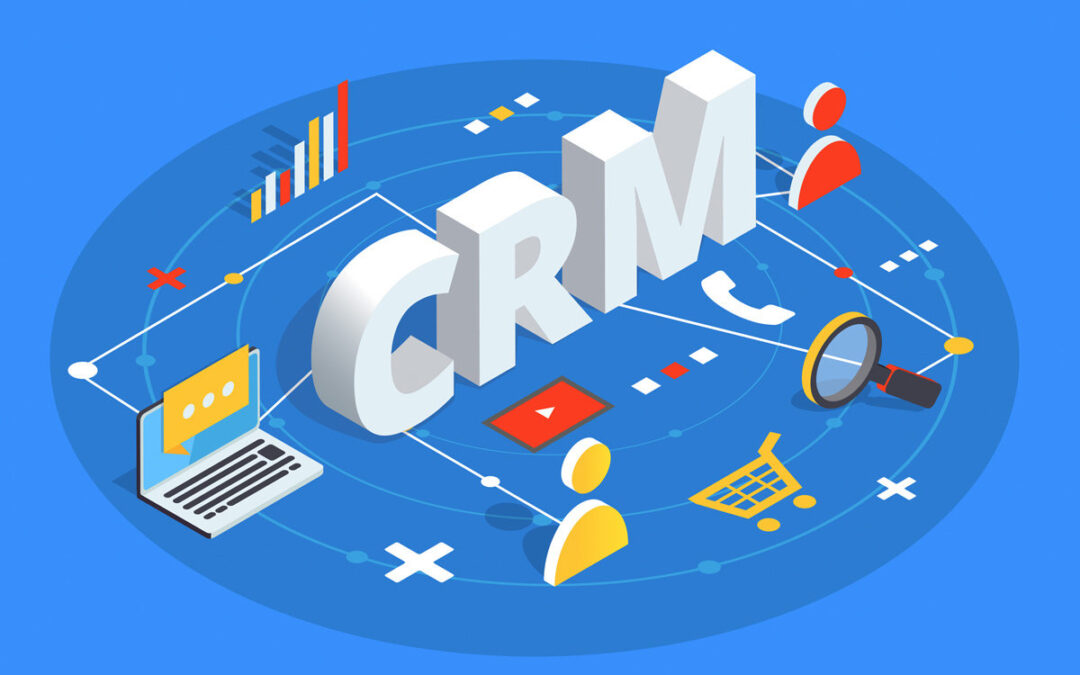
Customer Relationship Management
A satisfied customer is the most significant element in a company’s growth. Customer Relationship Management (CRM) is a customer-centric business approach that focuses on customer engagement and relationship building to manage relationships. CRM also applies to all business practices aimed at creating, building, sustaining, and improving fruitful long-term partnerships, which is an important aspect. A fully functioning CRM system should be a competitive advantage, not only for large corporations but also for small and medium businesses. Businesses can conduct corporate and direct marketing operations, as well as the company’s overall profits.

Why is Customer Relationship Management so Important?
CRM (Customer Relationship Management) is a customer-centric corporate approach to relationship management that focuses on customer loyalty and relationship building. However, since there are no clear execution instructions, its success remains a mystery.
Analytical
Analytical CRM’s primary purpose is to analyze customer data so that management teams can better understand market patterns and, to a lesser extent, customer needs. Customer satisfaction is the ultimate goal of analytical CRM.
Operational
CRM typically involves one of three kinds of operations: sales, marketing, or service. Because it is often linked to historical customer data such as past marketing campaigns, purchases, and satisfaction rates, operational CRM is an essential tool for lead generation.
Co-operative
When firms share customer information with other organizations and enterprises, this is known as collaborative CRM. Additional data produces a very comprehensive view of the consumer landscape, which is ideal for markets where innovation and new product development are critical to success.
Choosing the right CRM Software
It is widely known that attracting a potential client costs up to five times as much as getting a current customer to make a new purchase. Because of their scarce finances, SMEs must emphasize client satisfaction. Customer relationship management (CRM) software aims to foster these customer interactions through your channels, maintaining an outstanding customer experience and finally guiding them down the sales funnel. CRM tools use email marketing, lead generation, and marketing automation to manage and optimize business interaction across a database. The ability to access a CRM system from anywhere in the world is one of the most important standards. Gone are the days when CRM systems were primarily dedicated to customer databases, enterprise management, and internal operations for small and medium enterprises.
Setting Up a CRM
Creating a database of all existing and prospective clients is the first step in setting up a CRM system. Depending on the segment, the company’s product structure, and the experience of individual consumers, as much information as possible, in addition to the basic information, must be filled out. This data is essential for all marketing efforts and customer segmentation. For Instance, Customer information chaos and an inability to determine customer value are two indicators of CRM’s importance. It could be argued that the need to shorten the sales cycle, increase the number of key performance indicators, or boost the competitiveness of service workers and loyal customers are all indicators of the need for a CRM system.
What makes the CRM Software the best?
Sales pipelines, customer and lead information, automatic follow-ups, cross-sells, upsells, and more should all be included in the best sales CRM software. There are several CRM tools on the market, each with its own set of advantages and advantages.
You, on the other hand, know your business better than anyone else, and it is up to you to determine what it requires. Examine the value you’re receiving at a certain price point, as well as the results you are after.

